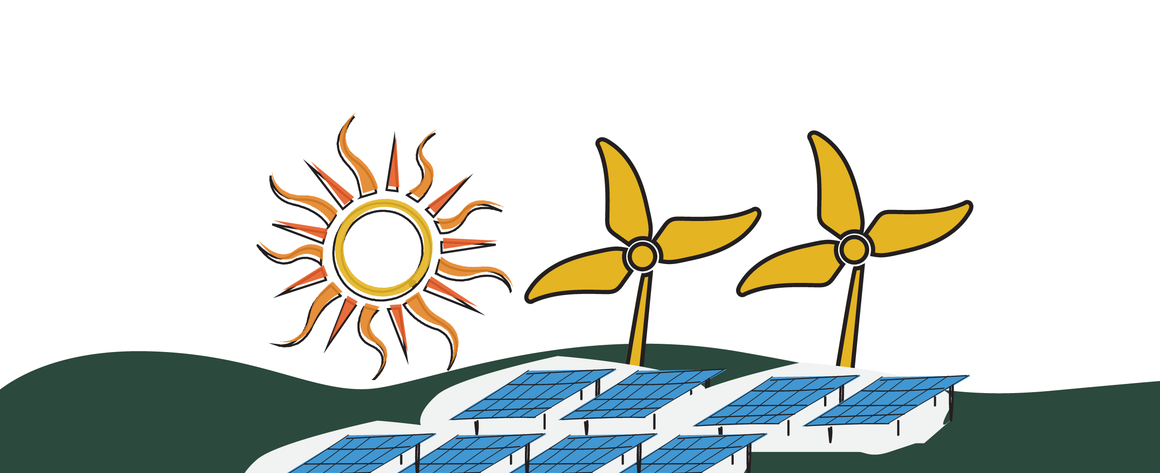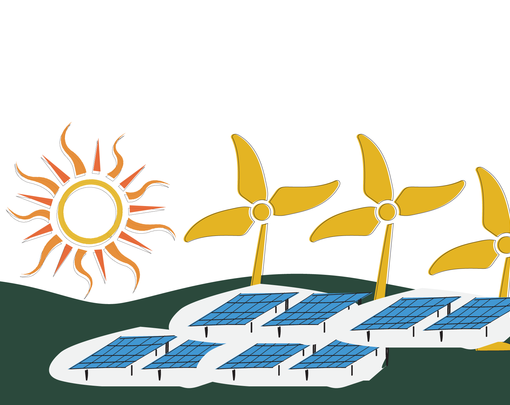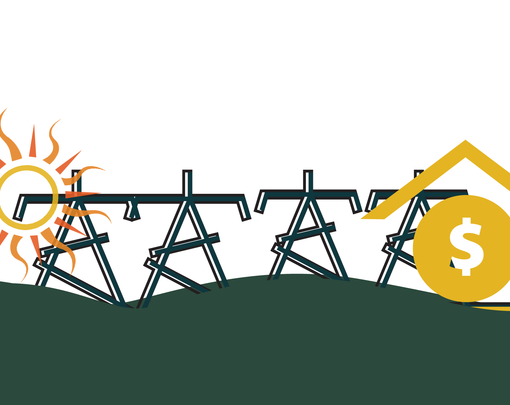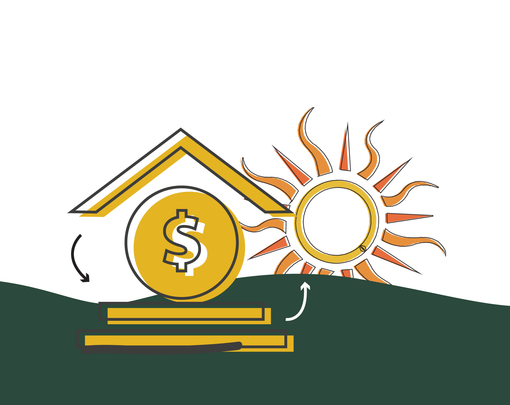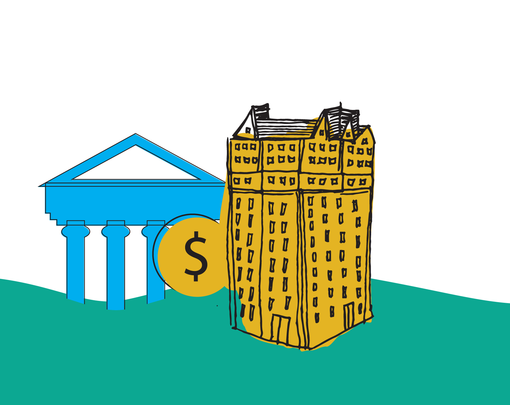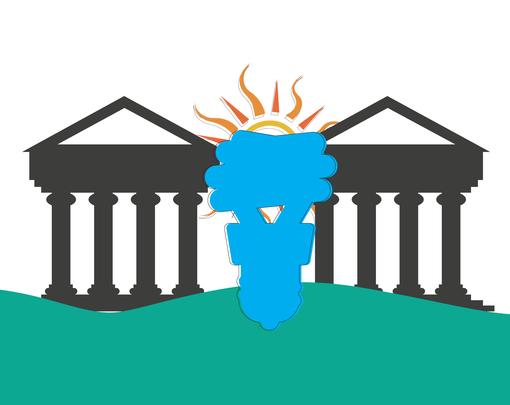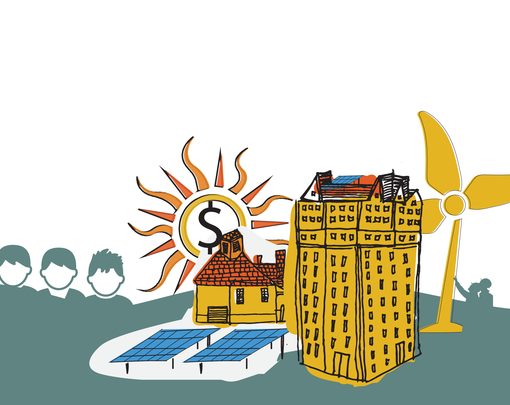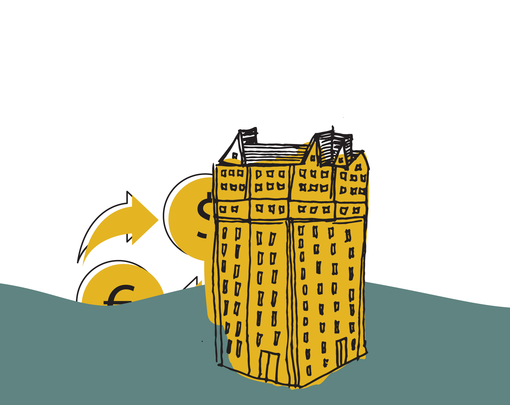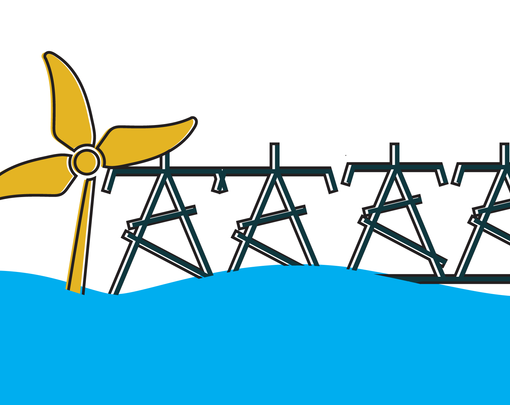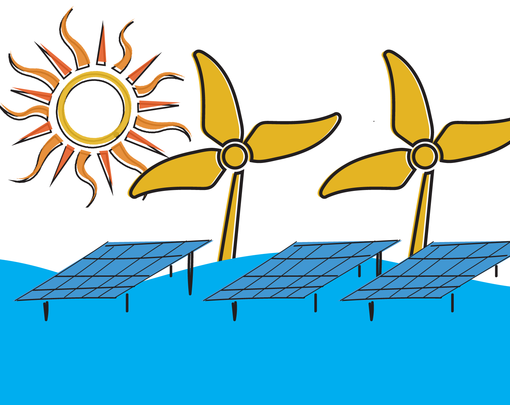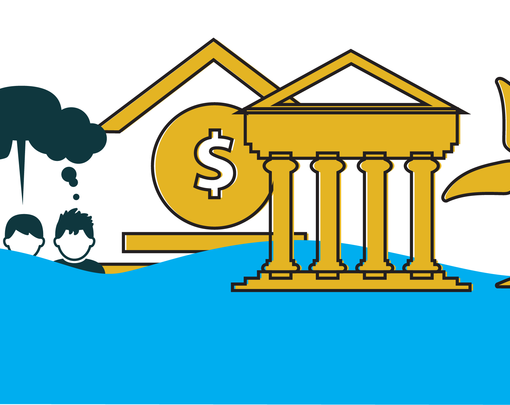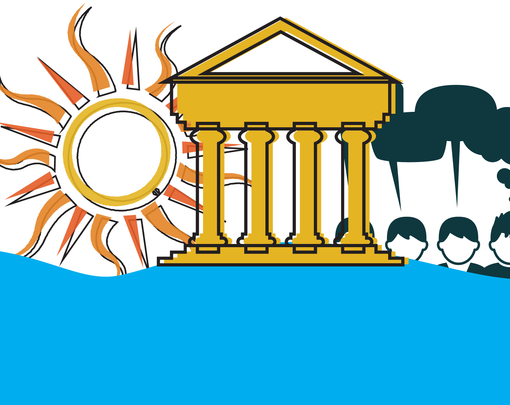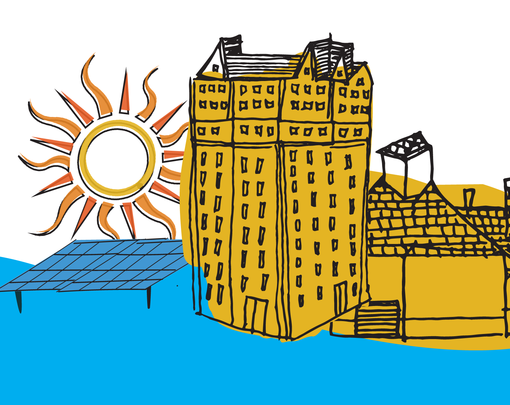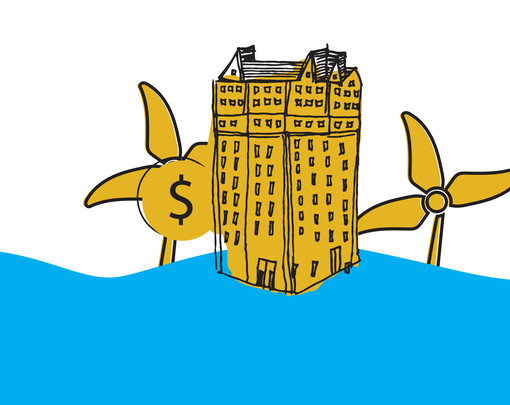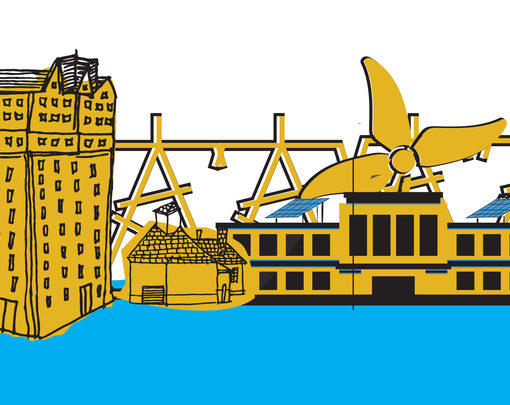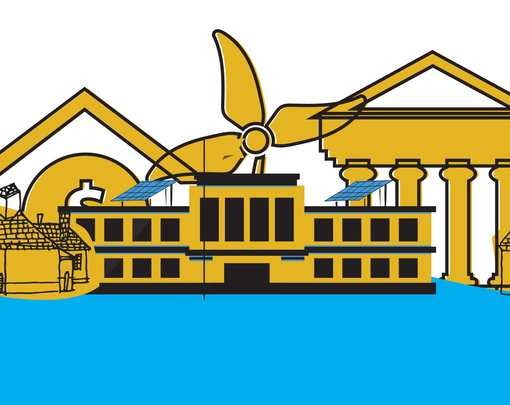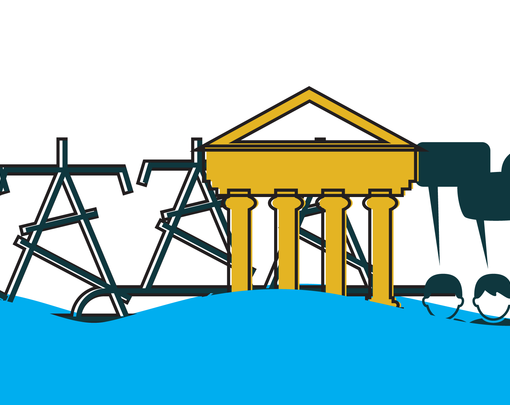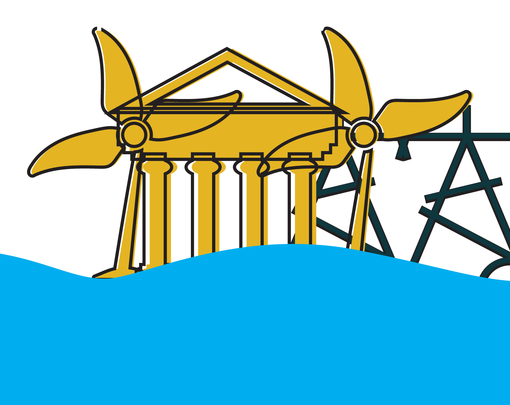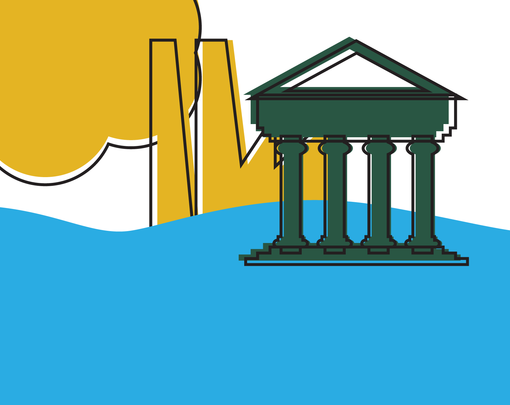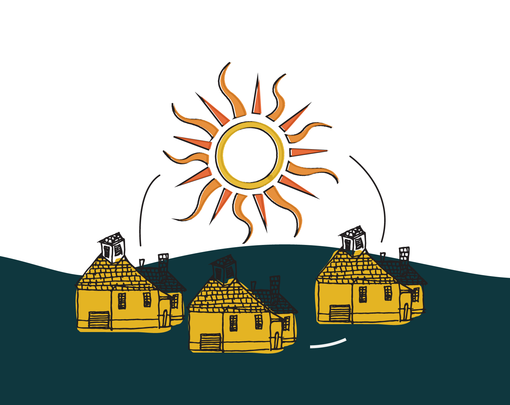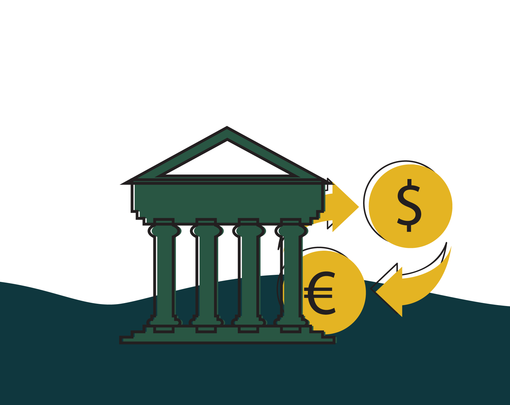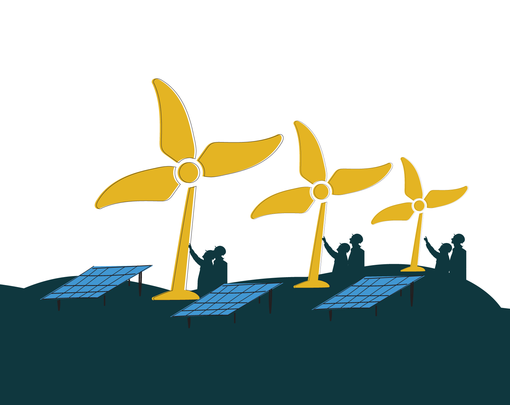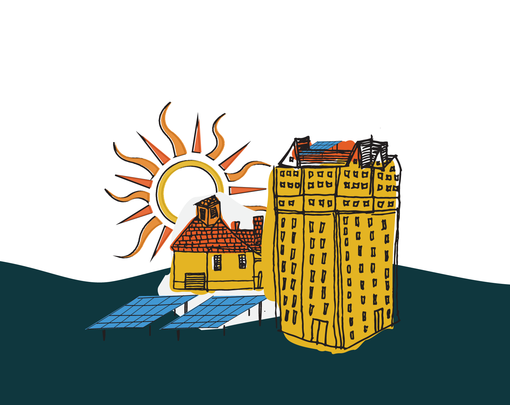A central public or nonprofit clearinghouse helping residents and institutions connect to information, resources, and subsidies around energy efficiency and renewable energy generation.
Policy Support:
Establishment and funding of public or nonprofit SEUs; extension of bonding authority to SEUs to enable long-term, large-scale financing of clean power.
Build Capacity?
Unclear; depends on degree of popular participation in the SEU structure as well as the scale of its efforts, and whether or not it aims to supplement or challenge and displace the corporate energy sector. Regardless, it’s a good base/container to build further initiatives within, especially if chartered with an explicit mission around low-income community inclusion.
Risk & Drawbacks?
Lots of moving parts—political, financial, and organizational—must be assembled and aligned to launch a SEU. Needs real resources to drive projects and create momentum at scale.
Inspiring Examples:
The Delaware Sustainable Energy Utility (DESEU), chartered in 2007, provides a central clearinghouse and financing authority for energy efficiency and renewable energy projects, helping both state residents and public institutions.
